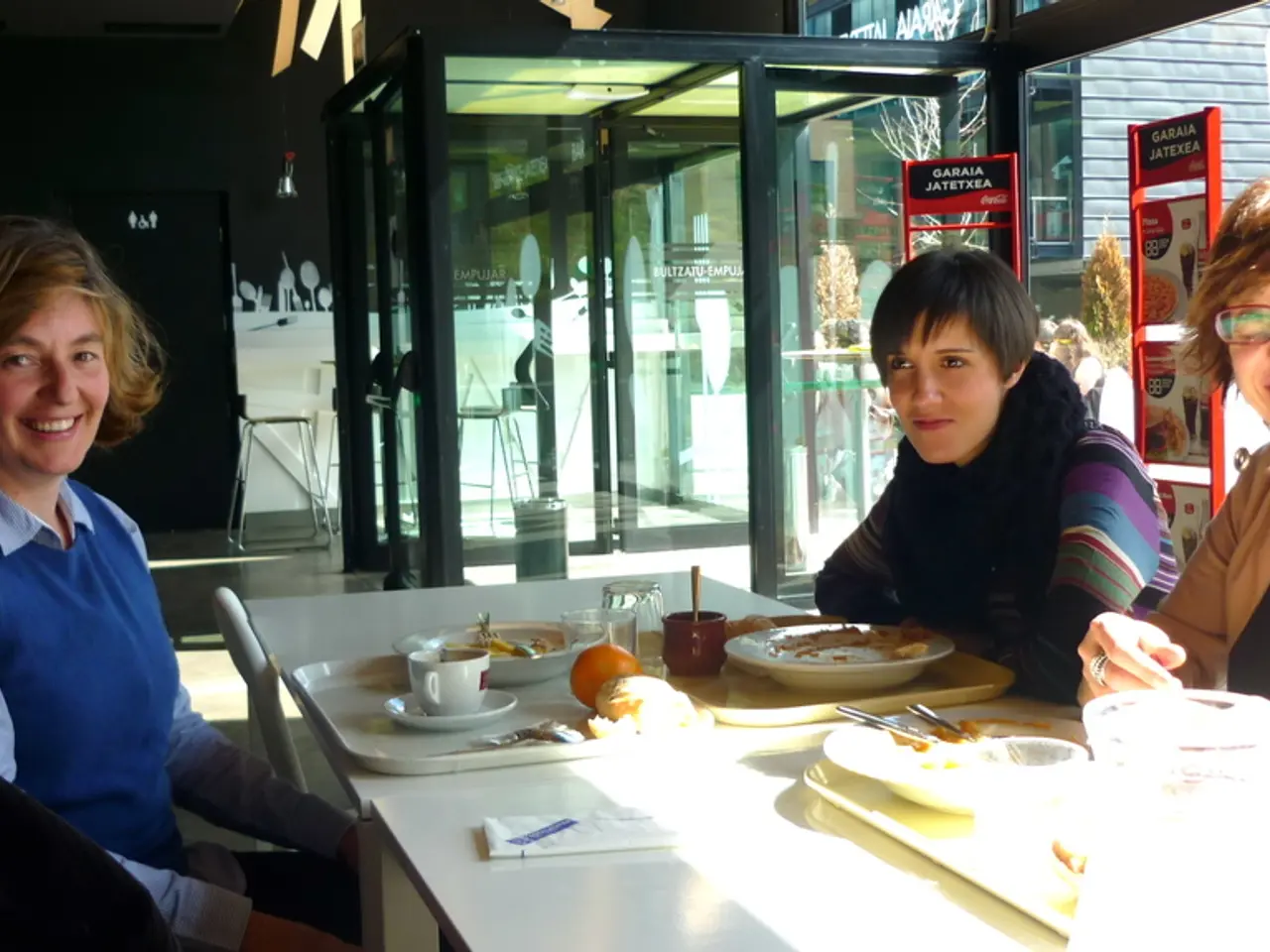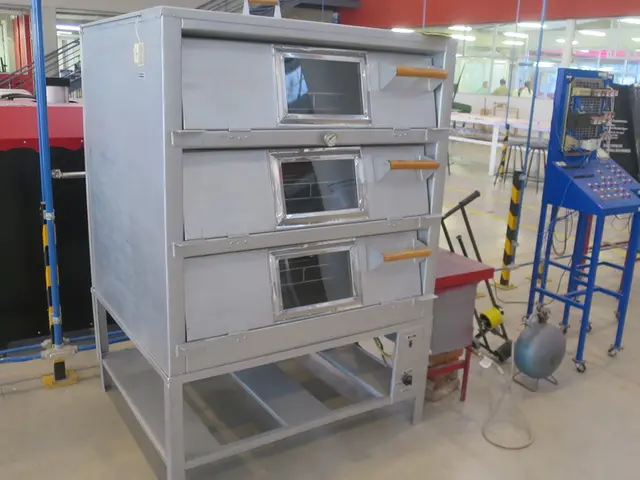Establishments within the hospitality industry facing escalating financial turmoil
The German hospitality industry, including restaurants and hotels, is currently grappling with a real revenue decline of 3.7% in the first half of 2025. This downturn is attributed to ongoing economic uncertainties, rising operational costs, and shifting consumer spending behaviors.
In an attempt to provide some relief, the German government introduced a reduced Value-Added Tax (VAT) rate for the hospitality sector. However, early 2025 data show that the VAT cut has not yet reversed the negative trend.
Restaurants, in particular, have been hit hard, experiencing a 4.1% real revenue decrease, while hotels and other accommodation providers have had to absorb a 2.6% decline. The IT service provider Datev does not foresee a summer revival in the catering industry, with preliminary data from VAT advance returns showing a 4.0% decrease in revenues in July compared to the previous year.
The NGG trade union, led by chairman Guido Zeitler, argues that the VAT reduction will not benefit employees or guests. In fact, they fear a "100 percent take-all effect" by restaurateurs, who are likely to increase their profit margins as a result of the tax cut.
Consumers are also adapting their spending habits. Many are eating out less frequently, opting for cheaper dishes, and skipping extras such as appetizers or a second drink. After a brief uptick around Easter, revenues continued to decline in June.
The VAT reduction was initially implemented from 2020 to the end of 2023, due to the corona pandemic and later due to high inflation as a result of the energy crisis. Nominally, revenues were only 0.1% lower than the previous year due to widespread price increases in the industry.
The ongoing struggles in the hospitality sector are further compounded by structural issues like inflation, labor shortages, and economic uncertainty. These factors limit the immediate effectiveness of the VAT reduction, leading economists and industry observers to remain cautiously optimistic but note that the anticipated boost from the VAT reduction will likely take time to materialize fully.
Industry closures remain high, with two hospitality sites closing daily in early 2025, underscoring the ongoing difficulties despite fiscal support. The president of Dehoga, Guido Zöllick, warns of a decline in gastronomic diversity and quality of life in city centers due to the absence of the lower value-added tax from January 1, 2026. Price sensitivity and consumer restraint are expected to increase significantly, according to Dehoga.
In summary, the VAT reduction is a welcomed measure but is currently seen as only one element in a complex set of challenges facing German hospitality. The full impact of the VAT reduction is expected to emerge gradually rather than immediately.








